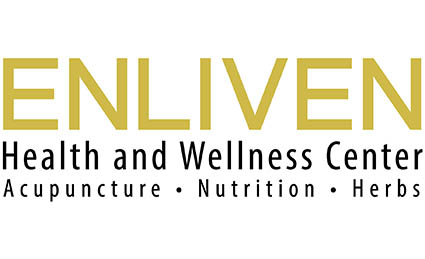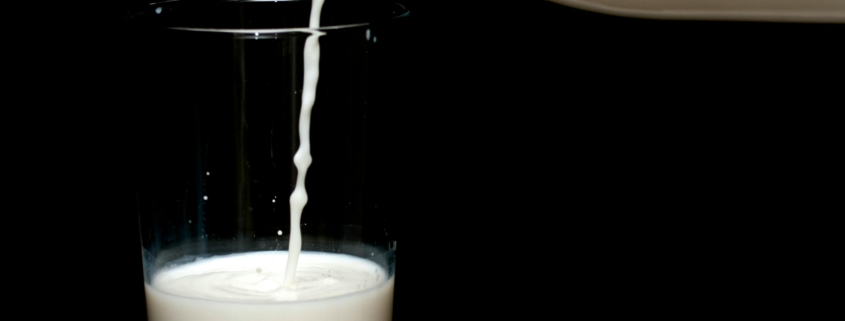The Importance of Vitamin D
Why Should I Take Vitamin D3?
There has been a lot of talk in nutritional circles over the years about the importance of Vitamin D.
You might be thinking, I get out in the sun enough, I don’t need to supplement. A 2022 NIH study found that out of over 70,000 people tested 40% of us were vitamin D3 deficient. (1) What is unusual is that even people who live in the sun belt states are experiencing Vitamin D deficiency. I have my theories but you will have come back for my next post for a deeper dive on that subject.
Who Needs to Supplement with D3
I hate to be the bearer of bad news but you most likely need to supplement especially if you:
- Are a person with darker skin tone or someone who artificially tans your body
- Are a women
- Are older than 65
- You live in the northern latitudes
- Are a smoker
- Are pregnant
And if you have cross sectional risk factors, like are a women, of color who lives in the northern latitudes you really should consider getting tested for vitamin D3 deficiency.
What is the importance of Vitamin D?
Vitamin D has many impacts on the body. The Mayo Clinic lists the following conditions that are impacted by your Vitamin D status. (2)
- Your immune health, it increases your white blood cell and reduces inflammation
- Your brain health, associated with improved cognition, memory and attention as well as reduced rates of dementia, Alzheimer’s and Parkinson’s disease
- Muscle function, increases muscle strength, power and endurance and reduces soreness
- Reduced risk of some cancers like breast, prostate, and colorectal
- Reduced risk of developing Multiple Sclerosis
- Prevent and reduce bone fracture
- Topically it can treat Psoriasis
The National Institute of Health has found that having enough Vitamin D help support sleep, reduce broken teeth and loose teeth as well as helping regulate hormonal balance.(3,4) In the integrative medicine world we consider Vitamin D3 a “hormone vitamin” because it is so effective in helping bring the endocrine system into balance or I should say when you are deficient you are much more likely to have a hormonal imbalance.
And if you are thinking of becoming pregnant or are pregnant, the importance of Vitamin D cannot be overstated. Low D levels are associated with infertility, and low levels during pregnancy can bring an increased risk related to childhood neurological disorders. (5)
How Do I Supplement?
First off D is a fat soluble vitamin which means when you take too much it get stored in your fat cells. Unlike water soluble vitamins which get excreted in your urine. We have all taken a multivitamin and notices neon yellow urine. Well that is extra water soluble vitamins that your body could not absorb being flushed out. What this all means is that fat soluble vitamins can become toxic if taken in too high of dose or if you don’t need it. You must get tested first!
Ask your primary if they will give you a test. I have never found a MD who wouldn’t test. Don’t have a MD? CVS and Walgreens sell over the counter tests.
What is the Daily Dose?
If you are taking a multi vitamin the dose is usually 600-800IU. If you are low, the recommended dose is between 2000-3000IU per day taken with a fatty meal for absorption.
Where to Get Vitamin D
With Vitamin D not all Skin is Equal
Generally we think of Vitamin D as the sun vitamin. If you have lighter skin you absorb more Vitamin D. Lite skin folks had ancestors that came for northern latitudes where they get very little sun light during much of the year. So genetically they developed to maximize absorption due to the small amount of exposure they get. Versus folks who come from near the equator where sun is a plenty so they don’t need to absorb so quickly.
Unfortunately, this has lead to people with more melanin or more color to their skin to have a higher risk of D deficiency. In fact our melanin rich brothers and sisters need 4 times more exposure to sunlight.
How Much Sun is Enough
The WHO suggests 10-15 minutes of sunlight per day if you are light skinned and 25- 40 minutes per day if you are a person of color. Food sources are challenging but seafood tops the list along with fortified milk or milk substitutes coming in close after seafood. You can get some D from mushrooms but it varies widely and you generally will need to eat 5x more than a serving of seafood to get the equivalent amount. Here is a link to food sources for you.
There are a myriad of reasons why you should be taking Vitamin D daily at recommended amount. From coast to coast Americans are low in D. Sun belt or not. Young and old. Dark or light. And from your mood, sleep, teeth, muscle, hormones, immunity and disease factor risks, D makes a difference especially when addressed preventatively.
Got questions or concerns about your health? Want to feel better? Want to be your best self? Book a free in person consultation to see if my work can help you? Book here.
1.https://pmc.ncbi.nlm.nih.gov/articles/PMC9573946/
2.https://www.mayoclinic.org/drugs-supplements-vitamin-d/art-20363792
3.https://pmc.ncbi.nlm.nih.gov/articles/PMC8081388/
4.https://pmc.ncbi.nlm.nih.gov/articles/PMC7285165/
5.https://reproductive-health-journal.biomedcentral.com/articles/10.1186/s12978-024-01797-y




